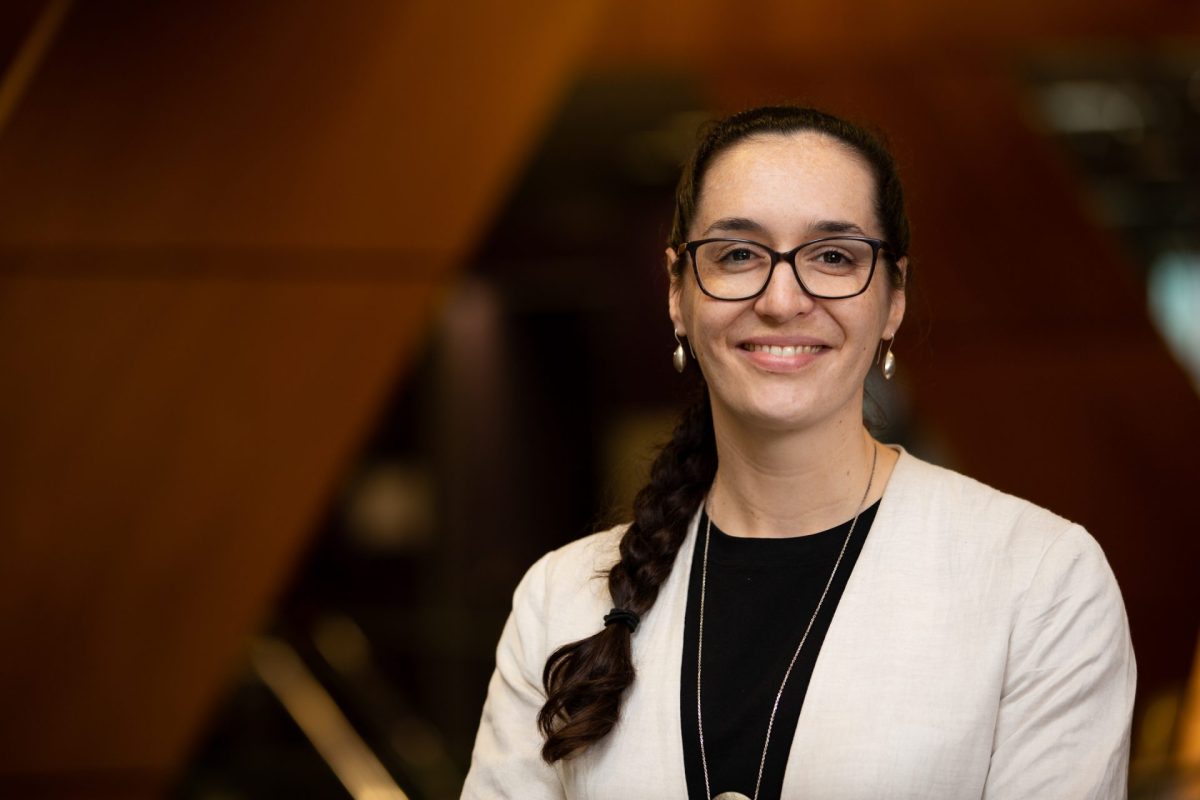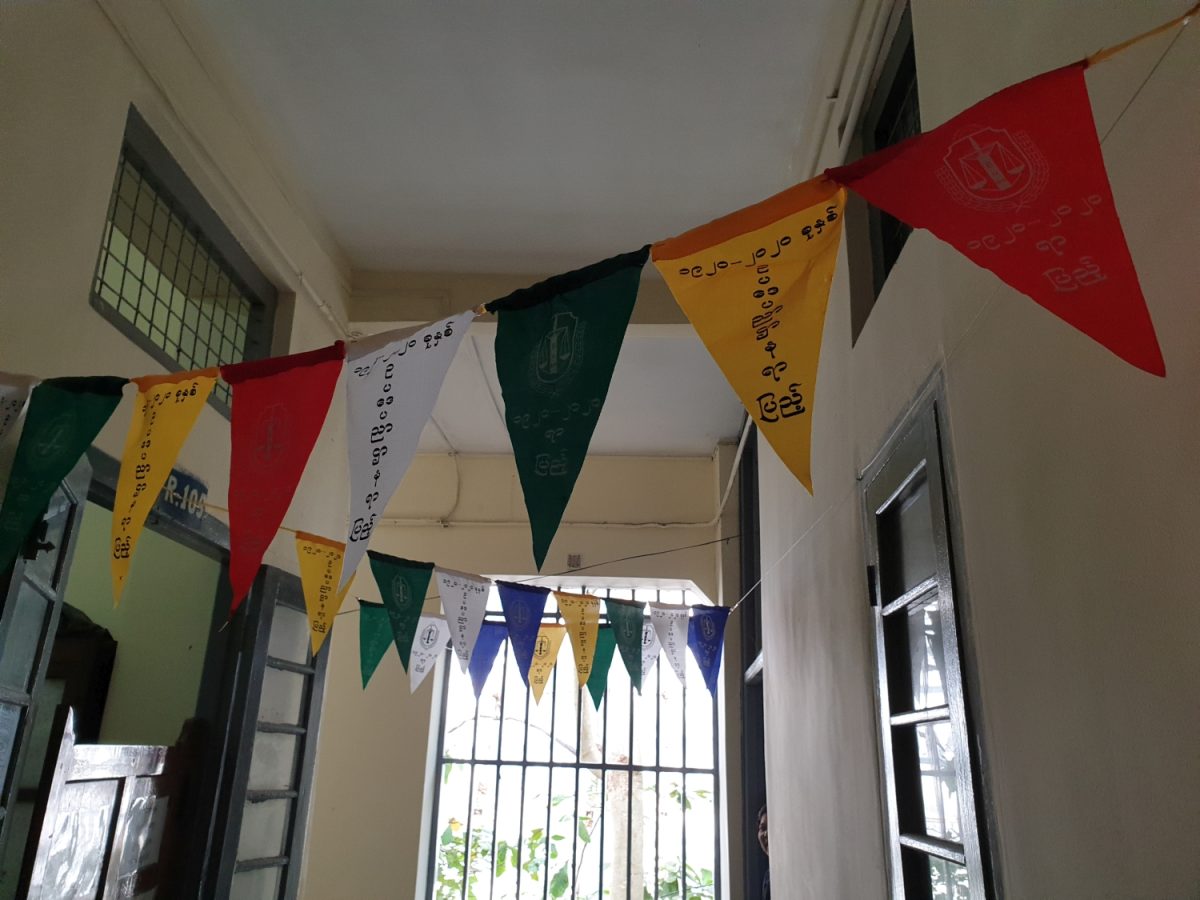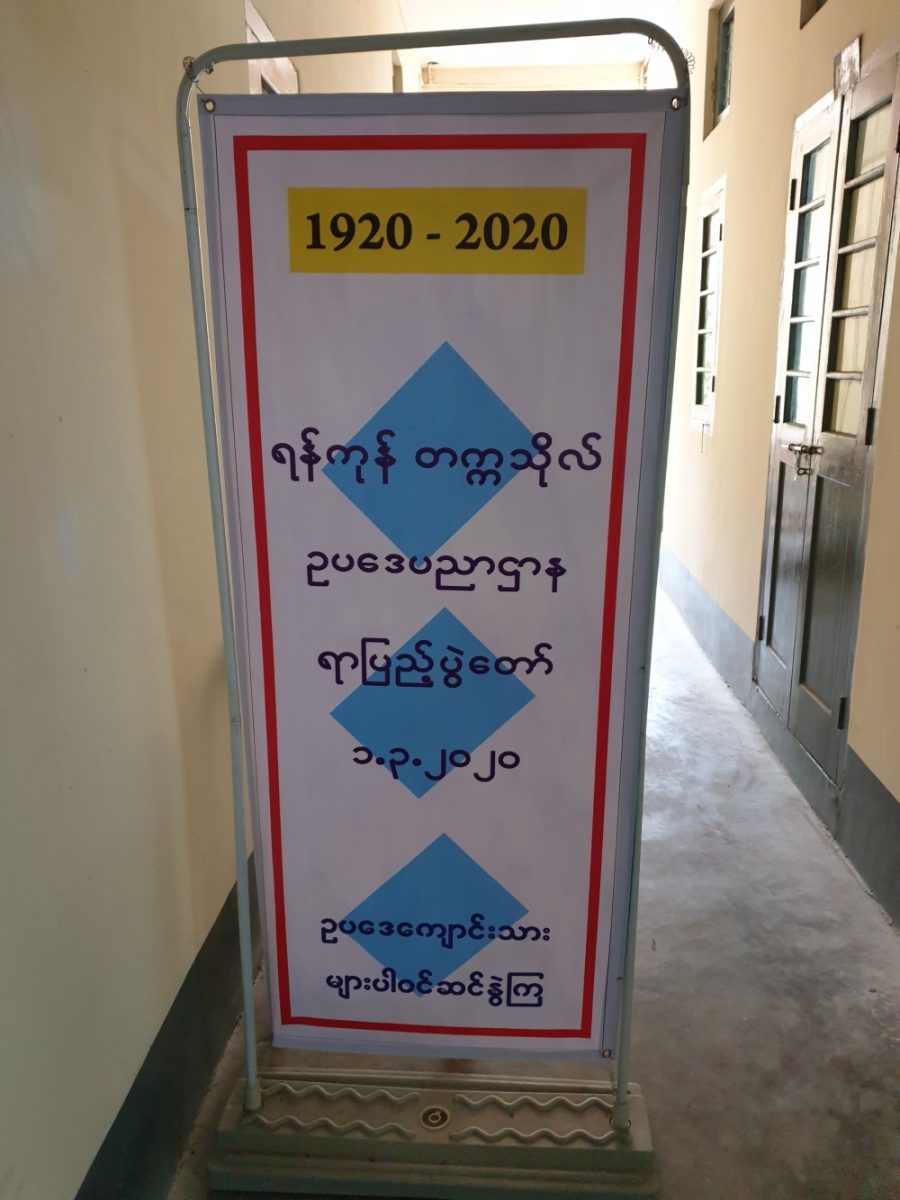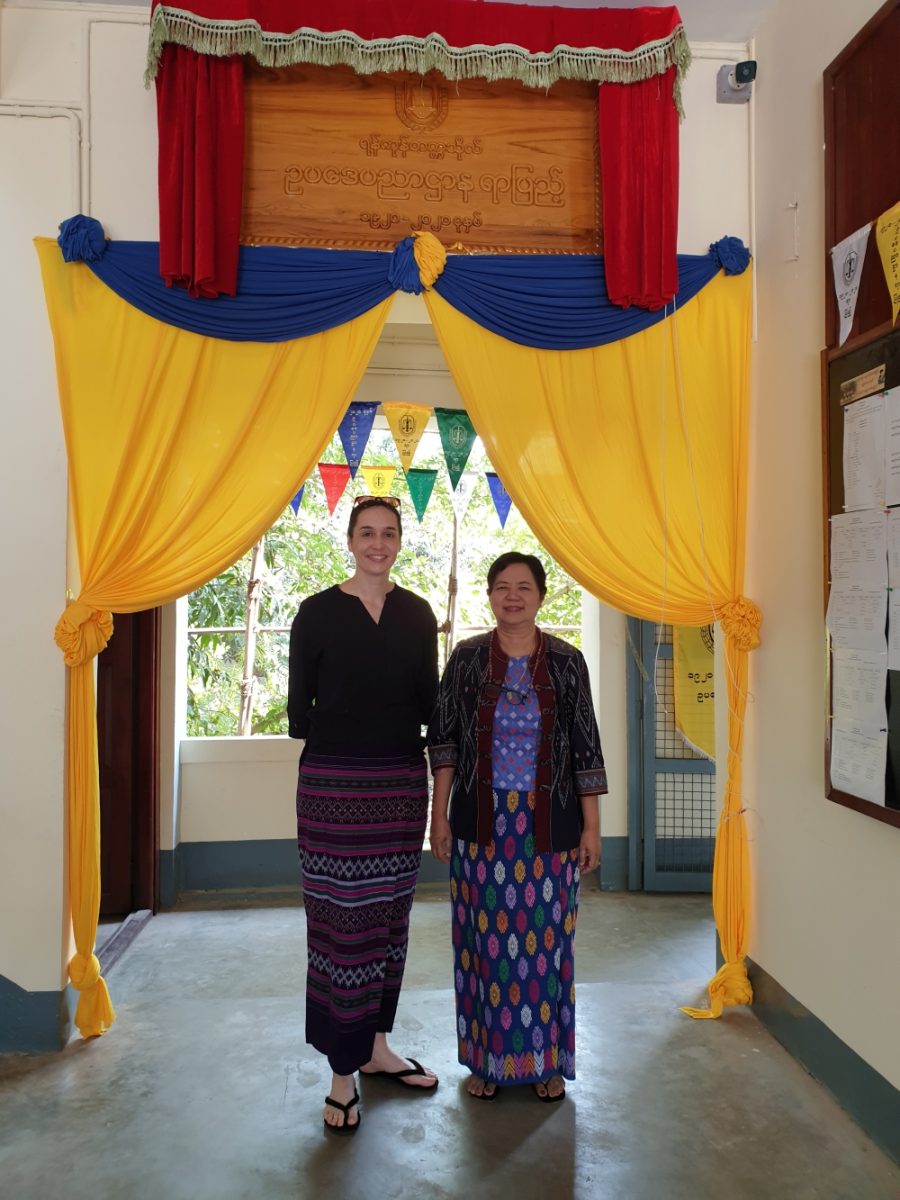Crouch, Melissa
VISITOR’S VOICE
Interview with Melissa Crouch »
School of Global & Public Law, University of New South Wales

What are your favorite things?
Ocean Swimming
There is no better way to start the day than by jumping in the ocean for a swim. I get to see the sun rise, listen to the waves lap at the shore, or even glimpse a whale in the distance in winter. These early morning moments help me through the day.
Gardening
The slow and steady practise of gardening grounds me to place and the seasons. I find that gardening allows my mind the freedom to wander and be creative in different ways. After the military coup of 2021 in Myanmar, I used gardening as an expression of lament by creating a grief garden of sorts with flowers and plants of blue and grey tones.
Interview
Constitutionalism in the Global South
01
Please tell us about your research.
My research is concerned with the struggle for constitutionalism, and related questions about the law and politics of constitutions, courts and religion in Asia. My scholarship contributes to the fields of comparative constitutional law; law and society, and law and religion with a focus on Indonesia and Myanmar in particular.
My early research emerging from my PhD thesis focused on the judicialisation of religion in Indonesia post-1998. Later work on Indonesia expanded to a focus on the politics of court reform and the expansion of specialized courts in Indonesia, and the state of constitutional democracy in Indonesia. I also enjoyed a collaborative project working on women judges in Asia and the Pacific, and I am grateful to Chien Chih Lin for the book symposium in the International Journal of Constitutional Law which was a great surprise.
I have also explored the role of law and constitutions in Myanmar, such as how the military used constitution-making to pre-empt constitutional democracy, and how the courts have become militarised over time. This reflects my major focus recently on constitutions in authoritarian regimes. When I began this research, it was considered a marginal topic. Now, given the rise of populism, the decline of democracy and the persistence of illiberalism, authoritarianism is an issue at the front and centre of studies of constitutionalism in the Global South and Southeast Asia in particular.
During the visiting fellowship in Kyoto, I plan to write up the book I have been working on for some time. I am also working on completing an article for the Annual Review of Law & Social Science on how and why military regimes use constitutions and the law.



02
Can you share with us an episode about any influential people, things, and places you have encountered whilst doing your research?
A key person who influenced my current book project is U Ko Ni (d. 2017) a lawyer who was tragically assassinated in Myanmar. I learnt from him about the nature of constitutional law in Myanmar and the challenges of removing the military from constitutional politics. I’ve written more on his life and contribution here.
03
Do you have any must-have gear for field research and writing?
In Kyoto, it seems that a must-have item is a bicycle! I am enjoying cycling around the beautiful city.
04
Do you have any essential reads (books) that you can recommend to younger people?
Different scholars will find different resources useful, so you should read what is of most interest and relevance to your work. There are two types of books about writing support for academics that early career scholars may find useful. One type of book focuses on writing techniques, such as Steven Pinker’s, The Sense of Style, which is useful for sentence and paragraph structure. The other type of books are about overcoming physical and psychological barriers to writing, such as Joli Jensen’s Write No Matter What, which is a sophisticated yet accessible book.
05
Why do you choose CSEAS?
It is a real privilege and honor to be part of the fellowship program at CSEAS. I value the opportunity to be based at CSEAS as a research centre that takes Southeast Asia seriously and on its on terms. CSEAS is a unique flagship program to support and foster research on Southeast Asia. The Center is known for the depth of its expertise in Southeast Asia and for embracing a truly interdisciplinary agenda. I work on Myanmar and Indonesia, and there are numerous scholars at CSEAS who are highly regarded for their linguistic and cultural knowledge of the region. I am excited to meet the academics here and other visiting scholars, and to have the valuable time to learn from others, to write and to discuss my research and receive feedback from others.
(August 2023)
Melissa Crouch is a Visiting Research Scholar of CSEAS
from August – November 2023
Thank you for taking the time to read the Visitor’s Voice interview.
Your feedback is important to us, so please let us know what you think.